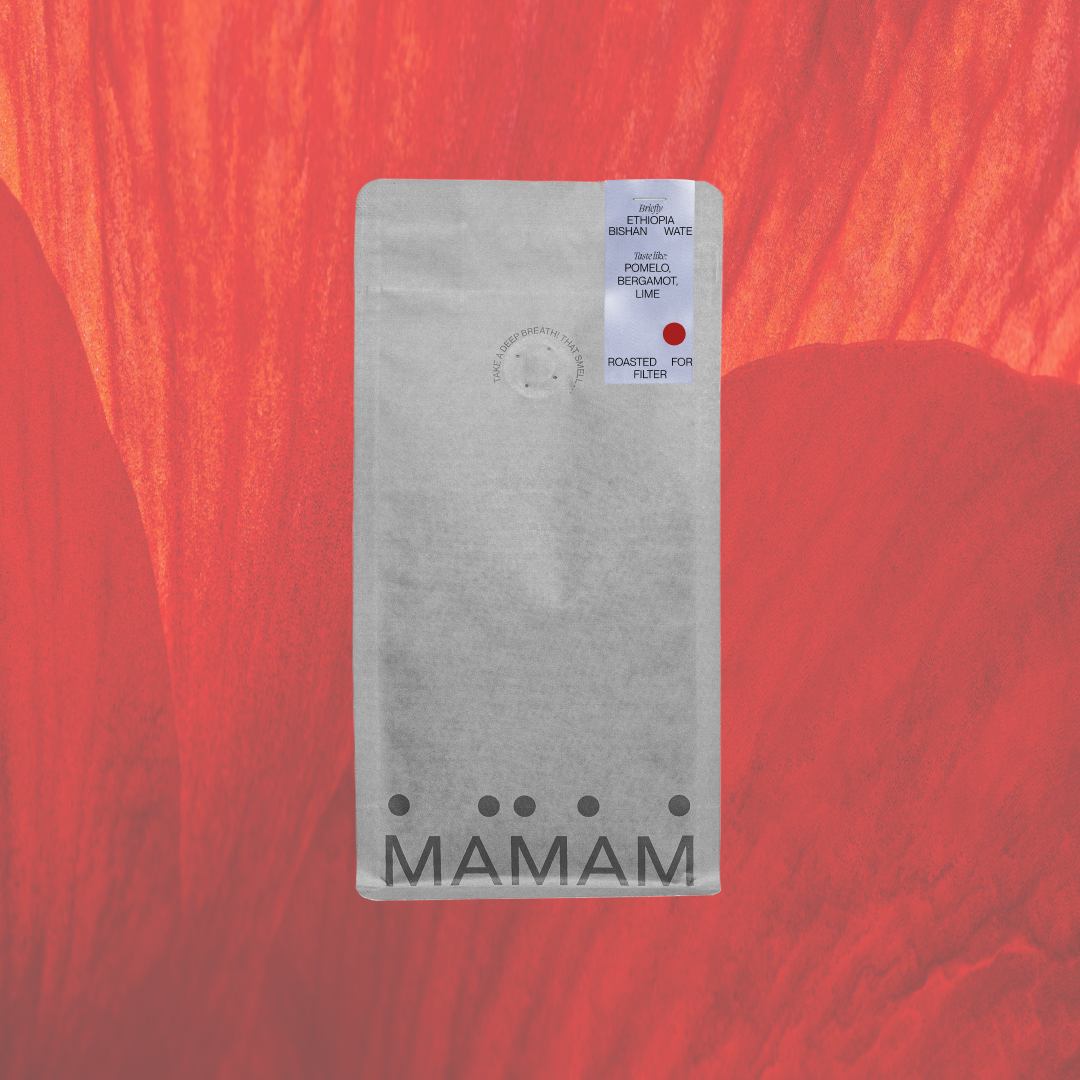ETHIOPIA BISHAN WATE - FILTER
Regular price
79,00 zl PLN
Regular price
Sale price
79,00 zl PLN
Unit price
per
Tax included.
Lowest price (30 days): 79,00 zl PLN
Lowest price (30 days): 79,00 zl PLNLowest price (30 days): 79,00 zl PLNLowest price (30 days): 79,00 zl PLNLowest price (30 days): 79,00 zl PLNLowest price (30 days): 79,00 zl PLNLowest price (30 days): 79,00 zl PLNLowest price (30 days): 278,00 zl PLNLowest price (30 days): 278,00 zl PLNLowest price (30 days): 278,00 zl PLNLowest price (30 days): 278,00 zl PLNLowest price (30 days): 278,00 zl PLNLowest price (30 days): 278,00 zl PLN
Couldn't load pickup availability
ORIGIN : ETHIOPIA
REGION : HAMBELA WAMENA, GUJI
FARM / PRODUCER : BISHAN WATE WASHING STATION
ALTITUDE : 2200 M
VARIETY : HEIRLOOM
PROCESSING : WASHED

-
Delivery
The order is prepared and shipped within a maximum of 3 working days.
In exceptional cases, the processing time may be extended.

